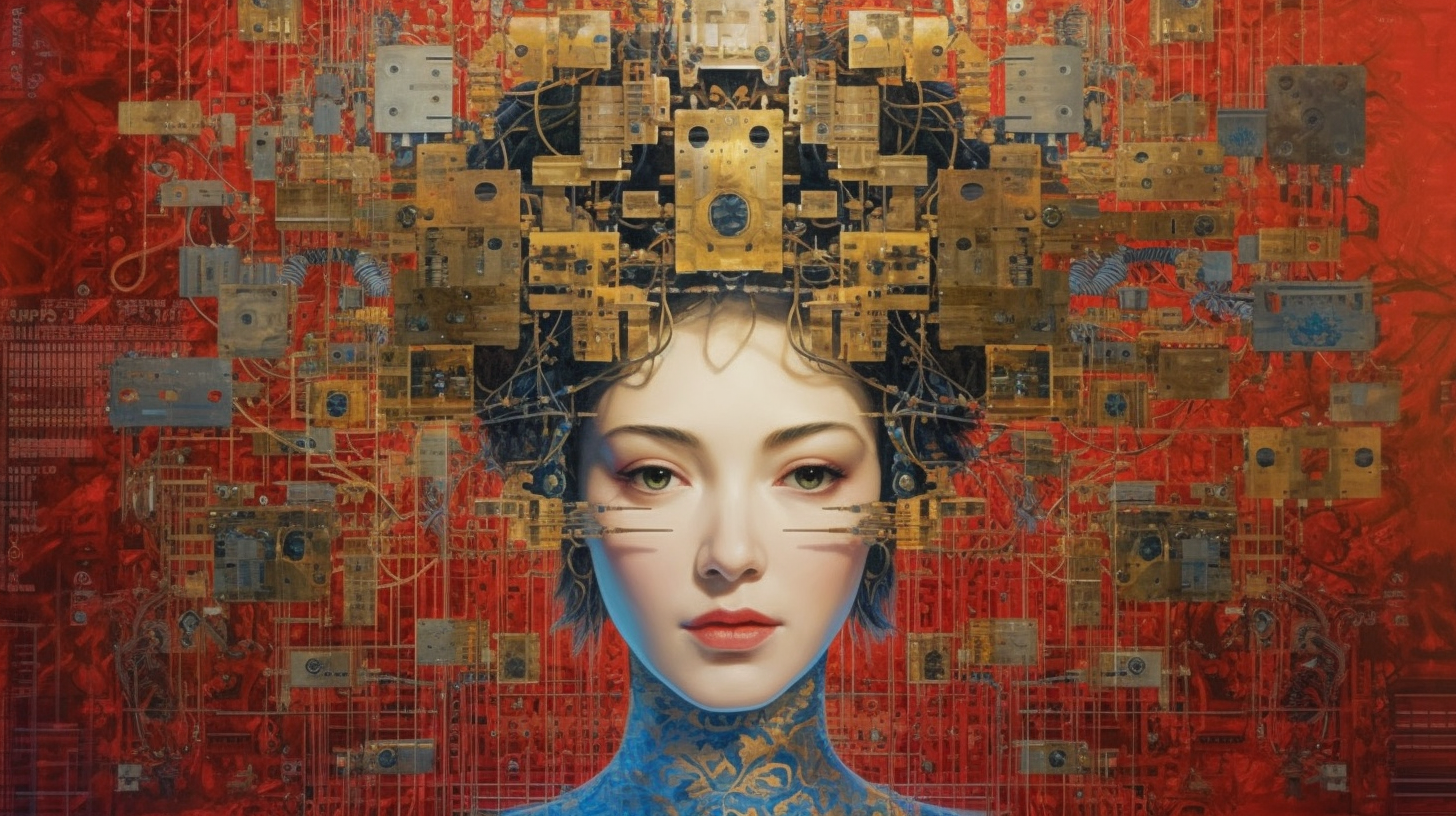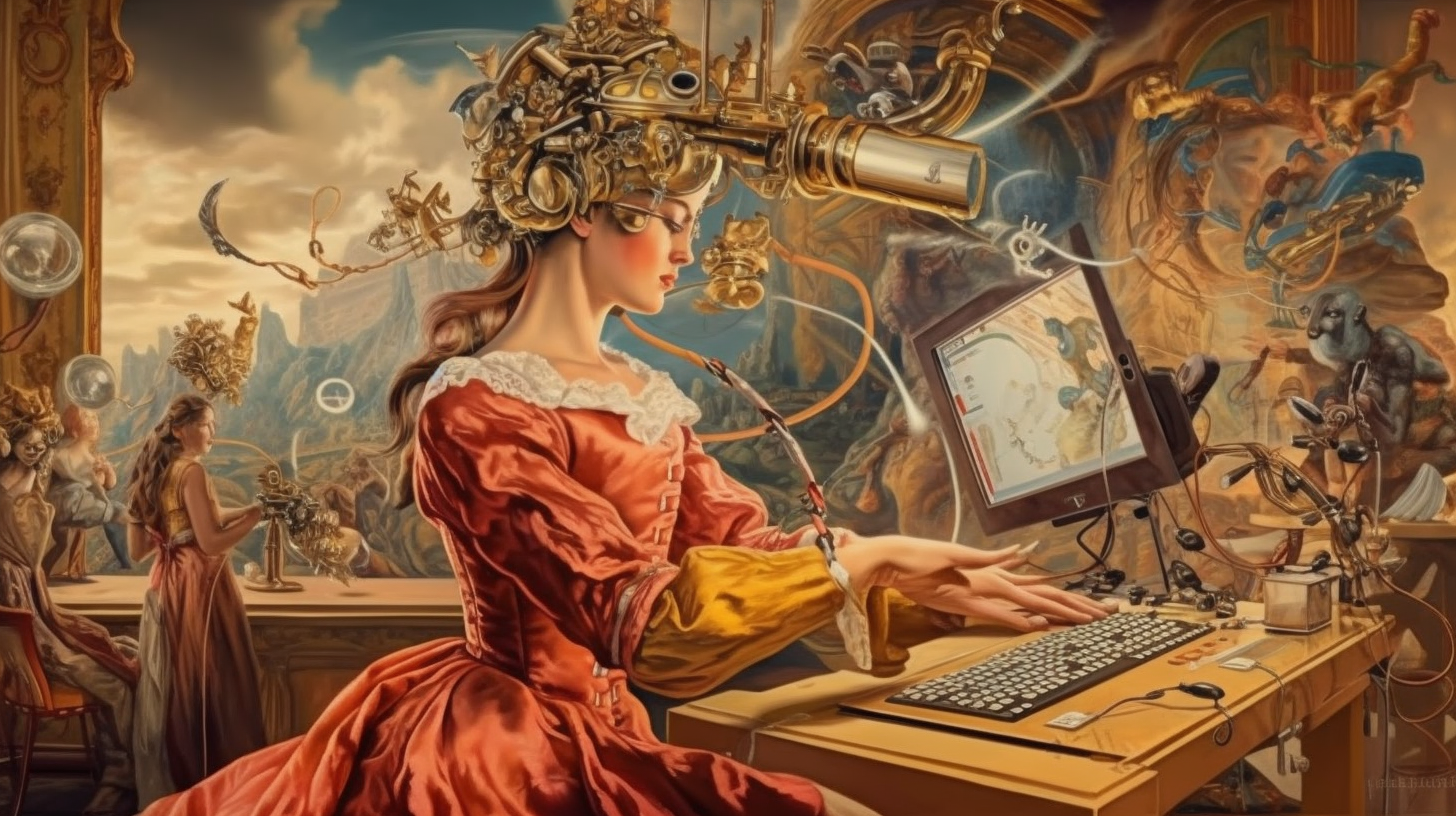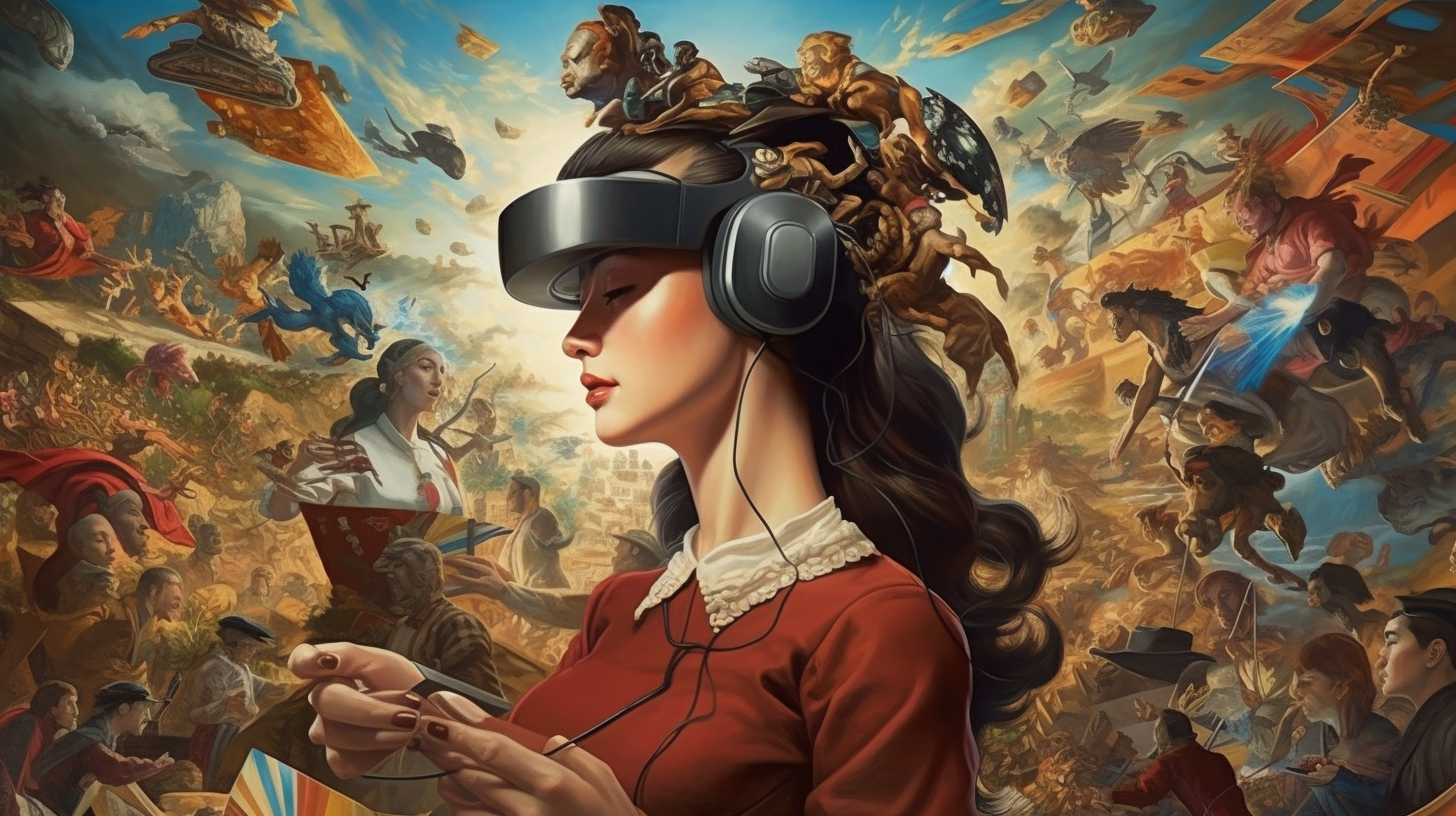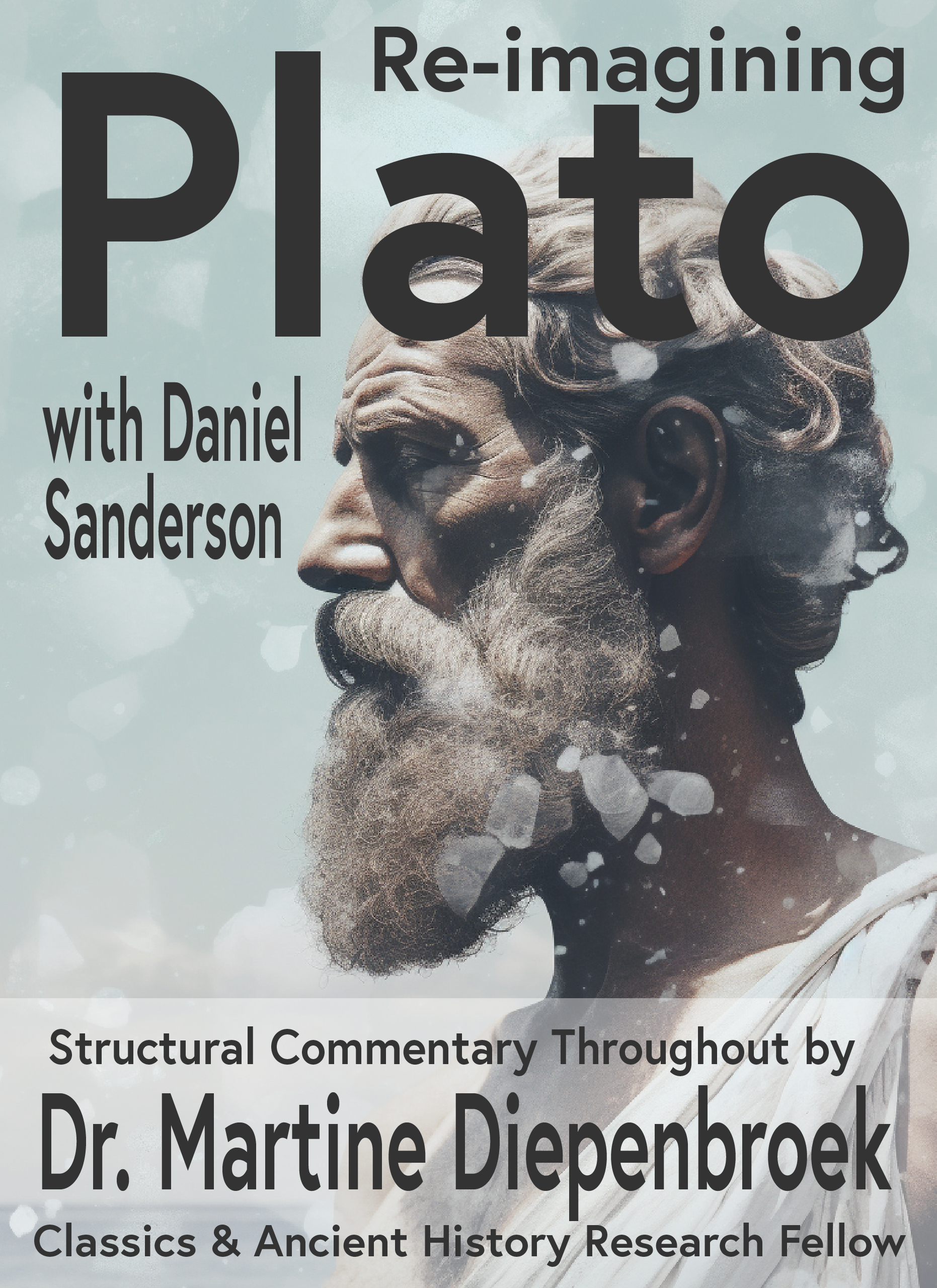The Digital Renaissance: Embracing Technology for Cultural Revival
The rallying cry for a digital renaissance has become increasingly vibrant in our age of rapidly advancing technology. Advocates argue that by embracing the power of technology, we can usher in a new era of cultural revival, liberating humanity from the constraints of the past. However, amidst the clamour of this techno-utopian chorus, it is imperative to don the mantle of skepticism and question the assumptions underpinning this grand narrative. Are we indeed witnessing a renaissance or merely succumbing to the allure of a digital illusion?
First, we must scrutinize the notion of cultural revival itself. The term "renaissance" invokes images of profound intellectual and artistic achievements, as witnessed during the European Renaissance of the 14th to 17th centuries. It was a period marked by an unprecedented surge of human creativity, driven by a hunger for knowledge, a critical spirit, and a genuine desire to challenge the established order. Can we honestly claim that our digital age replicates these historical conditions? Have we cultivated the same intellectual rigour and unyielding pursuit of truth that characterized that transformative period?

The proponents of the digital Renaissance argue that technology, with its myriad wonders, has the potential to democratize culture, granting equal access to knowledge and fostering global interconnectedness. Undoubtedly, the internet has opened up new avenues for information dissemination, connecting individuals from disparate corners of the world. However, in our eagerness to embrace the digital realm, we must acknowledge that it has engendered a deluge of noise, misinformation, and shallow content. Moreover, the democratization of information has given rise to an overwhelming sea of data, where the line between reliable knowledge and baseless speculation becomes increasingly blurred.
Moreover, the notion of cultural revival implies a deep appreciation and engagement with the intellectual and artistic achievements of the past. While digital technology offers unprecedented access to abundant historical texts, artworks, and cultural artifacts, it also fosters an environment of passive consumption. We have become mere spectators, skimming the surface of knowledge without genuinely immersing ourselves in the profound insights and transformative experiences that great art and literature offer. The abundance of information at our fingertips has paradoxically diluted our ability to engage in deep, sustained contemplation and critical analysis.
To understand the implications of the digital revolution on cultural revival, we must turn to history for guidance. Ideas, movements, and processes from sustained intellectual discourse and critical engagement have shaped societal transformation example, the great Renaissance thinkers, such as Leonardo da Vinci, Michelangelo, and Erasmus, didn't merely consume the knowledge of their time; they actively participated in intellectual debates, challenged prevailing dogmas, and pushed the boundaries of human understanding.

The danger of our digital age lies in its tendency to foster passive consumerism rather than active intellectual participation. As we mindlessly scroll through social media feeds, click on clickbait articles, and indulge in superficial entertainment, we become victims of a culture of distraction that stunts our capacity for deep thought and contemplation. The true essence of cultural revival lies not in accumulating facts and data but in cultivating an active intellectual and artistic engagement that sparks genuine creativity and critical thinking.
In pursuing the digital Renaissance, we must also confront the paradox of technological determinism. We are often led to believe that technology is an autonomous force steering the course of human history—however, historical lessons caution against such deterministic narratives. The transformative power of technology is contingent upon the intentions and actions of its human creators and users. We must resist the temptation to abdicate our responsibility to shape technology in line with our cultural aspirations. A mere tool can never be a panacea for our society's complex challenges.

Let us not forget the true essence of the Renaissance in its rebellious spirit, unyielding commitment to critical thinking, and relentless pursuit of truth and beauty. To truly embrace a digital renaissance, we must foster an environment that encourages intellectual curiosity, fosters deep engagement with ideas and art, and values the pursuit of truth over shallow gratification. We must wield technology as a tool, not a crutch, and remain steadfast in our commitment to intellectual rigour, unafraid to challenge prevailing narratives and the commodification of culture.
In conclusion, the notion of a digital renaissance warrants critical scrutiny. While digital technology offers unprecedented access to information and connectivity, it also poses significant challenges to genuine cultural revival. We must be cautious not to fall prey to the seductive allure of passive consumption and superficial engagement. Instead, we should strive to emulate the spirit of the great Renaissance thinkers, engaging in critical discourse, nurturing intellectual curiosity, and actively participating in creating a genuinely transformative cultural landscape. Only then can we transcend the illusion of a digital renaissance and embark on a true path toward cultural revival.

Plato Re-Imagined
This course includes 32 lectures covering most of Plato's dialogues and allowing the student to return to something divine. Divinity should resonate with secular and religious leaders alike. I present a compatible approach in my lecture on Consilience.
Also included with this course is a free book. If you pay for the course, you will get a physical copy of the book for free, mailed to your chosen address — anywhere on the planet!






